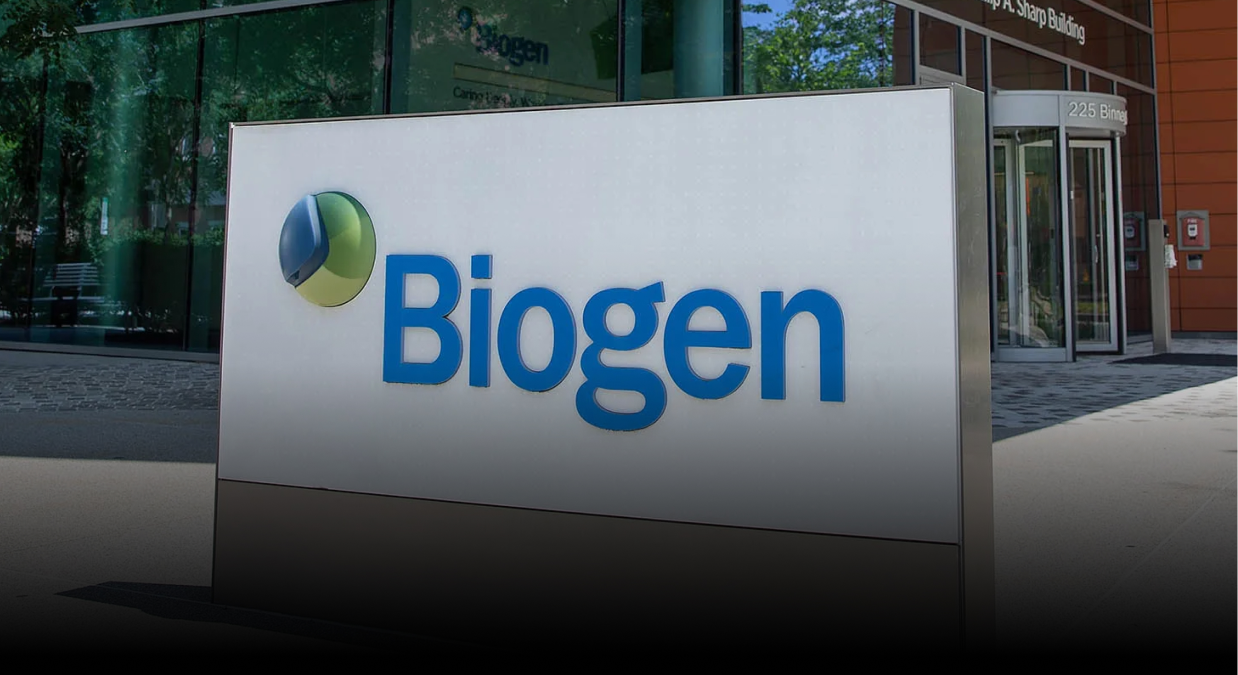Biogen Highlights Felzartamab’s Potential in Rare Kidney Diseases and Autoimmune Conditions
Biogen highlights felzartamab's potential in rare kidney diseases and immune-mediated disorders with multiple Phase 3 trials underway.
Breaking News
Jun 12, 2025
Vaibhavi M.

Biogen Inc. shared information spotlighting the investigational drug felzartamab, focusing on its potential in treating rare kidney diseases and its broader application in immune-mediated disorders. The company, known for its strength in multiple sclerosis and neuroscience, is now expanding into immunology and rare diseases. Immune-mediated conditions occur when the immune system mistakenly targets the body’s own tissues. CD38-expressing plasma cells, responsible for producing harmful autoantibodies, are a key target for felzartamab. The drug has demonstrated the ability to selectively deplete these CD38+ cells, offering promise for more precise and effective disease control.
“We have made important progress to support our long-term growth objective, build a strong portfolio with momentum from our recently launched products, and advance an innovative and compelling pipeline. We are particularly excited about the addition of felzartamab, which gives us the potential to deliver novel treatments across a range of immune-mediated diseases, beginning with three rare kidney diseases,” said Christopher A. Viehbacher, President and Chief Executive Officer at Biogen.
Felzartamab is showing promising results in late antibody-mediated rejection (AMR), a major cause of kidney transplant failure. A Phase 2 study showed that 82% of felzartamab-treated patients achieved resolution of AMR, compared to 20% in the placebo group. Adverse effects were mostly mild or moderate. Biogen has launched the global Phase 3 TRANSCEND trial (NCT06685757) to evaluate felzartamab’s safety and efficacy in AMR, aiming to enroll around 120 participants. The drug has been granted Breakthrough Therapy Designation (BTD) and Orphan Drug Designation (ODD) in the U.S., and ODD status in Europe for solid organ transplant indications.
In Immunoglobulin A nephropathy (IgAN), one of the most common kidney diseases, felzartamab has shown encouraging results. Data from the Phase 2 IGNAZ study revealed a sustained 50% reduction in proteinuria over 24 months post-treatment, with a stable safety profile. The Phase 3 PREVAIL trial (NCT06935357) is now underway and aims to enroll 454 patients to assess felzartamab’s impact on proteinuria and kidney function. Felzartamab has also received ODD from the European Medicines Agency for the treatment of IgAN.
Biogen also presented positive data for felzartamab in treating primary membranous nephropathy (PMN), a disease often driven by autoantibodies against PLA2R, found in up to 80% of PMN cases. In two Phase 2 studies, M-PLACE and NewPLACE, felzartamab led to rapid and significant reductions in PLA2R antibodies and improvements in proteinuria and serum albumin levels. Common side effects included mild-to-moderate infusion reactions. A pivotal Phase 3 PROMINENT trial (NCT06962800) comparing felzartamab to tacrolimus will begin in 2025, enrolling approximately 180 participants. Felzartamab has received both BTD and ODD from the FDA for PMN.
Biogen is currently seeking additional possible uses of felzartamab, such as in lupus nephritis (LN). It is in a Phase 1 study, and the first data are expected in 2026. Targeting of the CD38+ immune cells is selective and can provide a potentially broad and differentiated treatment platform against a wide range of autoimmune diseases.
